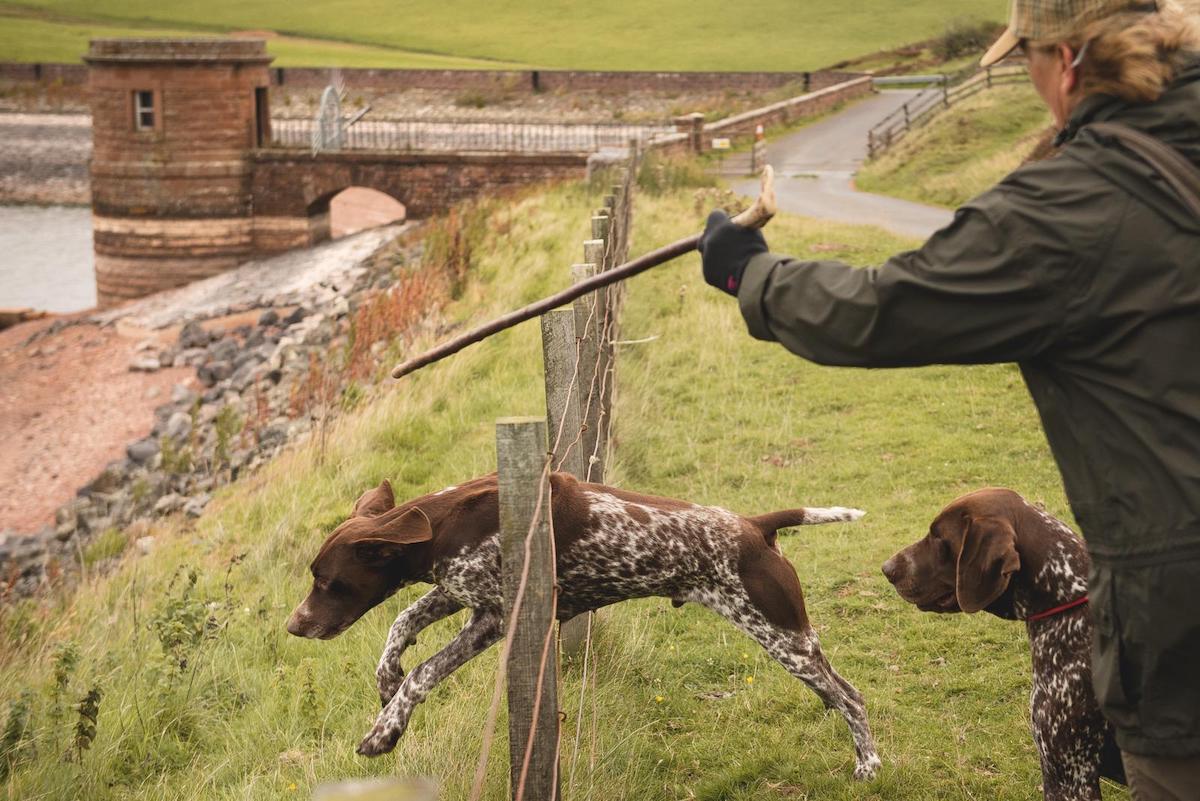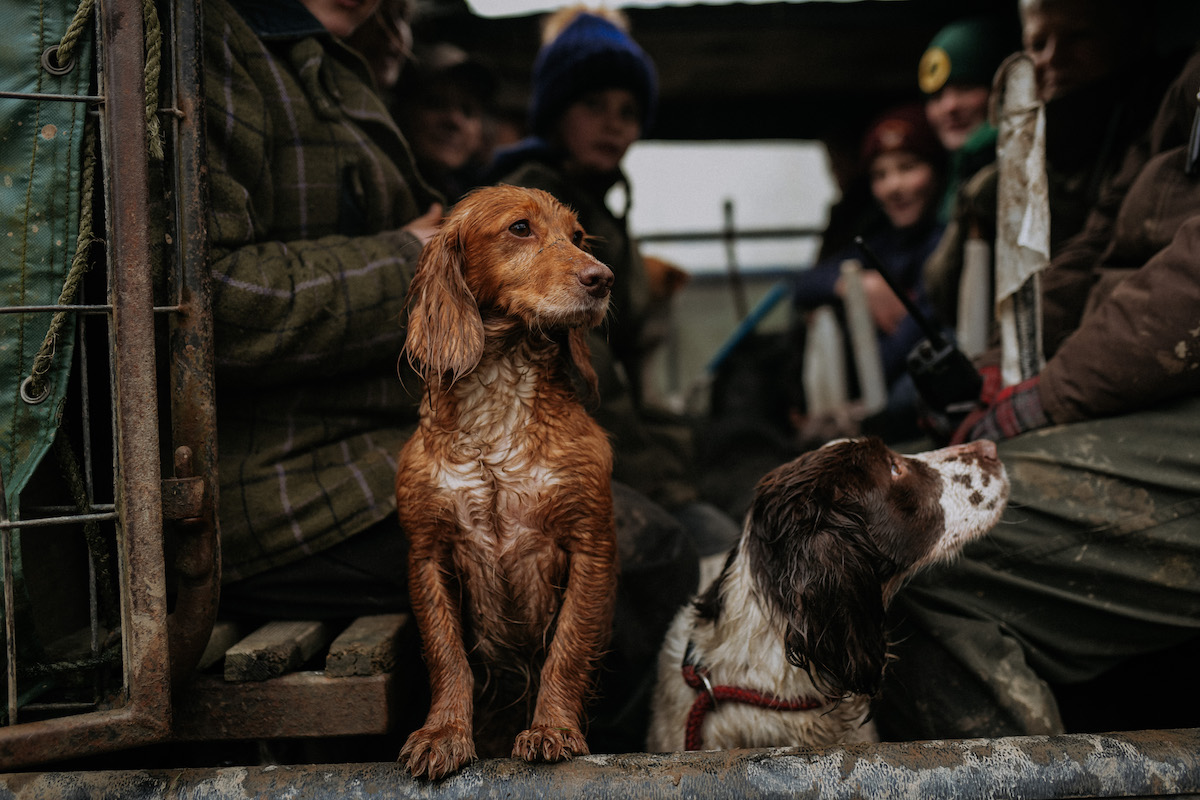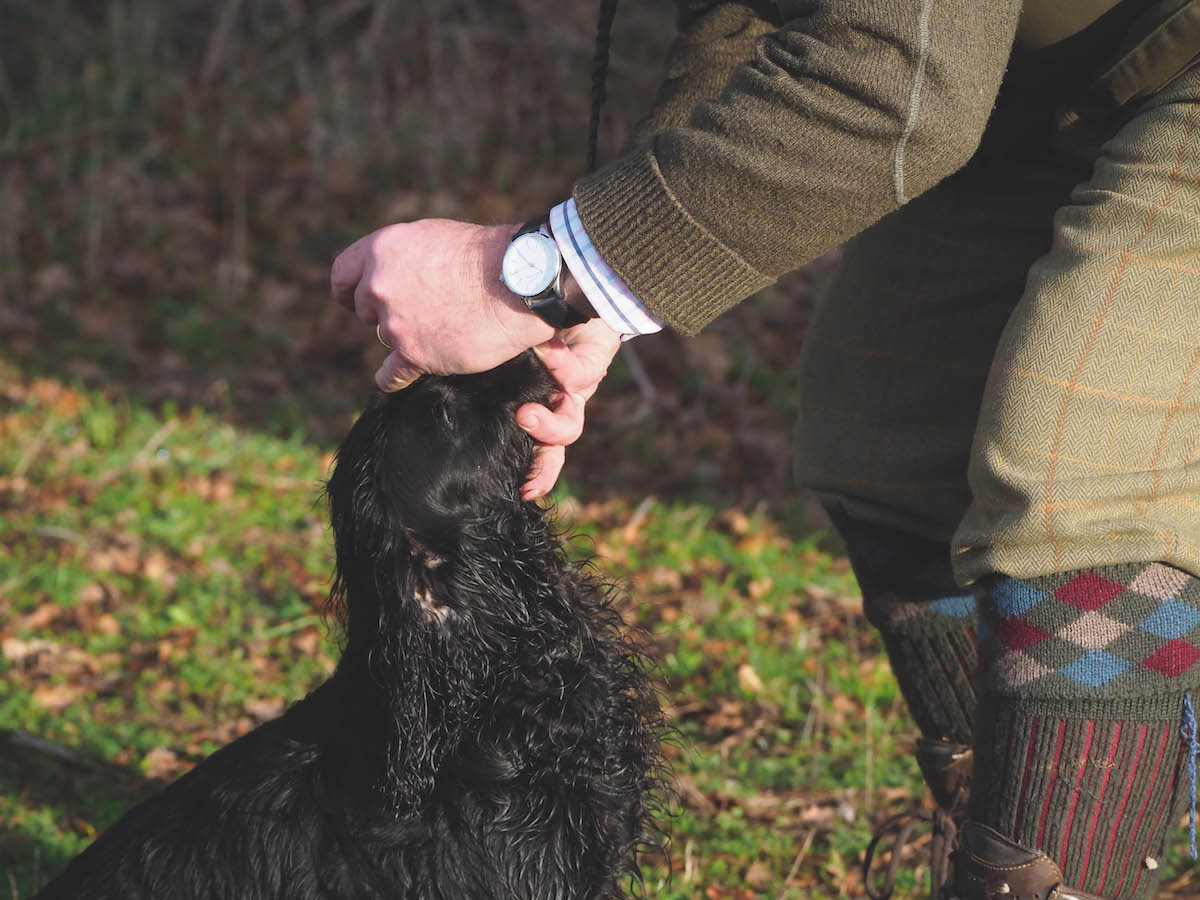Wasp stings to dogs: are they dangerous?
With the long, hot summer leading to a surge in wasp numbers, David Tomlinson warns that gundogs can be prone to being stung

Waps can be dangerous to dogs, with stings in the mouth of particular concern
The dangers of wasp stings to dogs
One of the effects of such a dry and sunny summer has been a surge in wasp numbers and the little blighters are now super-abundant.
Wasps can be seriously dangerous and cause anaphylactic shock, which isn’t restricted to humans and can just as readily kill dogs, too. Wasp venom is a highly effective biological weapon, made up of a variety of different compounds, ranging from histamine to dopamine. The shock is an allergic reaction to this sudden injection of venom into the bloodstream. A human or a dog’s body responds to the venom by releasing histamines in large quantities, lowering the blood pressure. This can lead to breathing difficulties and, in severe cases, death.
So wasp stings to dogs can cause anaphylactic shocks. In addition, gundogs are particularly prone to being stung because of their very nature, investigating anything they find interesting. (Read 14 checks for your dog’s health.)
Diagnosing wasp stings to dogs
I am sure that most handlers are sufficiently sensitive to their dog’s behaviour to quickly identify the fact that it has been stung, but according to the Kennel Club the indicators are whining, agitation, swelling, lumpy-looking skin and biting, nibbling or pawing at the site of the sting. On the few occasions when my dogs have been stung, I’ve invariably seen the wasp make the attack.
None of my dogs have ever been seriously affected, though they have clearly found the sting painful at the time and a source of irritation for a lengthy period afterwards. The wasp stings to dogs have all been quite straightforward, on less vulnerable parts of the body, while I’ve never had a dog suffer from more than a single sting at a time. (Read our guide to the best slip leads for dogs.)

The inquisitive nature of many dogs means that they are more at risk of wasp stings
Mouth stings
Things get serious when a dog is stung inside the mouth, especially if the dog has caught or tried to eat the wasp and the latter manages to sting it repeatedly. This is something that wasps, unlike bees, are quite capable of. Such stings may lead to the throat swelling, potentially blocking the animal’s ability to breathe. If this happens, get the dog to the nearest veterinary practice as soon as possible. Having your vet’s telephone number on your mobile phone makes sense, but it’s remarkable how many people haven’t taken such a precaution. Warning the vet that you are bringing in a dog that has been badly stung could well make the difference between life and death. (Read how to stop your dog chewing the wrong things .)
Allergic reaction
Dogs are like humans in that some are far more allergic to wasp stings than others and you never discover that your dog is particularly sensitive until it has been stung. I would always advise taking a dog to the vet if it has been stung repeatedly, stung on or in the mouth, or appears to be having an allergic reaction. It’s also sensible if there’s a lasting swelling following a sting. However, for most dogs, a sting is something they will soon get over, so don’t panic unnecessarily.

Do your best to keep your dogs away from wasp nests, as they are always the most dangerous places for an inquisitive animal.
Delayed shock
Anaphylactic shock doesn’t always happen immediately and can occur as much as 24 hours after the sting was inflicted, so it’s best to keep a wary eye on a dog that has been stung, and to keep it quiet and as relaxed as possible. Human antihistamines aren’t recommended for dogs, so only administer antihistamines on the advice of your vet. As prevention is always better than cure, do your best to keep your dogs away from wasp nests, as they are always the most dangerous places for an inquisitive animal.








